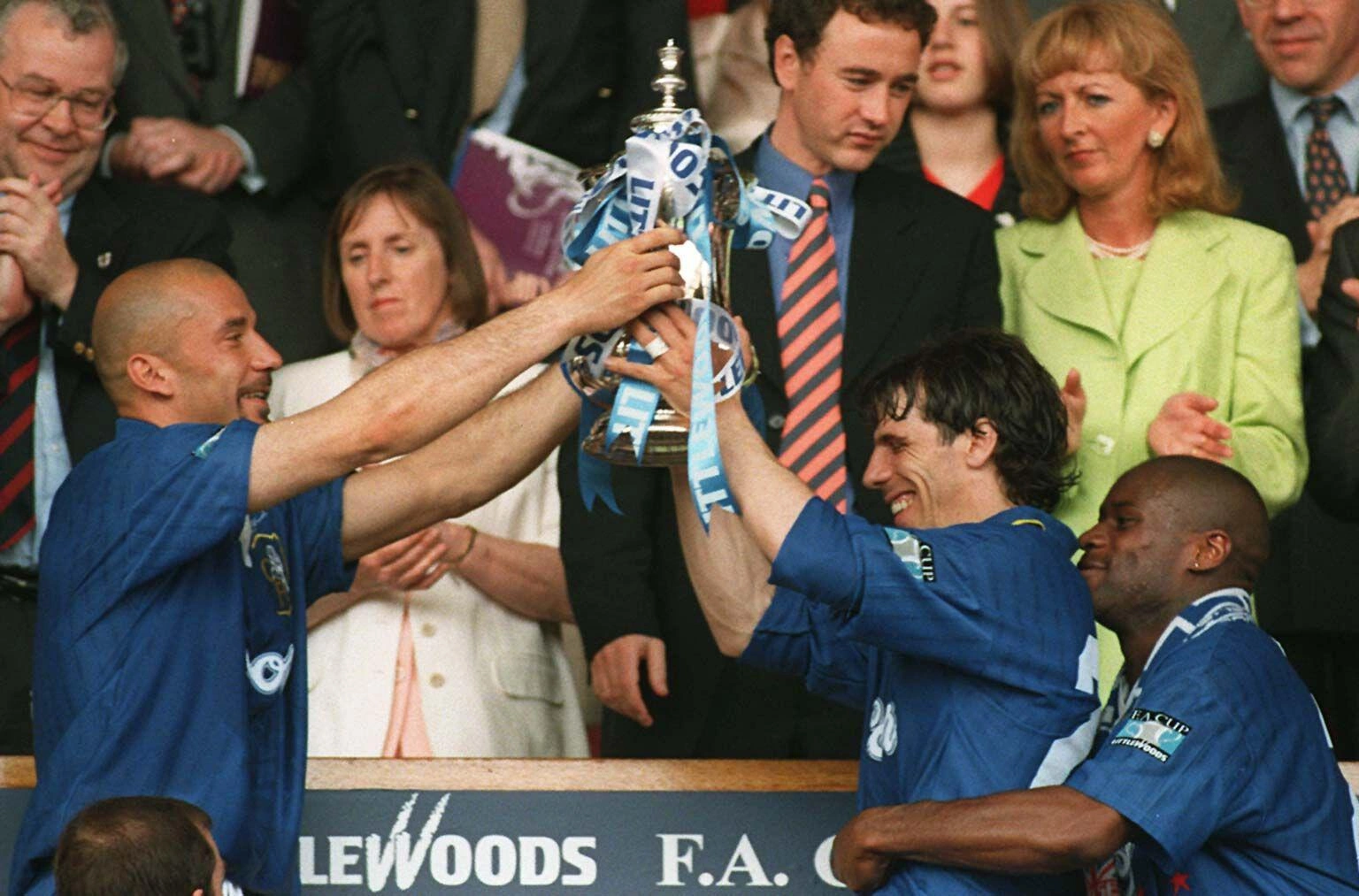Boxing Day football holds a special place in the hearts of Premier League fans. This tradition, deeply rooted in British culture, offers a festive feast of football that brings together families and friends. As the year winds down, the excitement of Boxing Day matches provides a unique blend of sporting action and holiday cheer.
Boxing Day football is something that none of the major leagues used to practice. Yet, the English do, and it is a tradition that every football fan on the Isle has learned to love.
Nevertheless, This article delves into the origins, evolution, and cultural significance of Boxing Day football within the Premier League.
Origins of Boxing Day Football
Boxing Day, celebrated on December 26, originated in the 19th century. The term is believed to derive from the practice of wealthy families giving boxes of gifts to their servants and tradespeople.
However, its connection to football began much earlier. The first recorded match on Boxing Day took place in 1860 between Sheffield FC and Hallam FC, two of the oldest clubs in the world.
When the Football League was established in 1888, Boxing Day fixtures became regular occurrences. The inaugural season featured matches such as Derby County against Bolton Wanderers and West Bromwich Albion hosting Preston North End. The tradition of playing on December 26th quickly grew in popularity, allowing local rivalries to flourish and drawing large crowds eager to enjoy football during the festive season.
The Transition from Christmas Day to Boxing Day
Historically, Christmas Day was also a day for football. However, by 1957, this changed as societal norms shifted towards family gatherings on December 25th. The last Christmas Day match was played that year, leading to an exclusive focus on Boxing Day for football fixtures. This transition marked a significant cultural shift, as public transport limitations and changing social customs made it impractical to host games on Christmas.
The Evolution of Boxing Day Matches in the Premier League
With the formation of the Premier League in 1992, Boxing Day fixtures continued to be a staple of the English football calendar. During this period, the league’s packed schedule has often been viewed as a highlight for fans, who relish the opportunity to attend games while still in a festive mood.
Since the Premier League’s inception, Boxing Day matches have evolved in terms of scale and significance. The league’s global reach has amplified the importance of these fixtures, drawing attention from fans worldwide. The Premier League’s commitment to maintaining this tradition has ensured that Boxing Day remains a highlight of the football season.
Memorable Matches
Over the years, several Boxing Day matches have stood out for their excitement and significance:
- Fulham vs. Ipswich Town (1963): This match is notable for being part of a record-breaking day when 66 goals were scored across ten matches in England’s top flight. Fulham’s astonishing 10-1 victory over Ipswich remains one of the highest-scoring games in English football history.
- Chelsea vs. Aston Villa (2007/08): A thrilling encounter that ended in a 4-4 draw, this match featured dramatic swings in momentum and three red cards. It is often cited as one of the most entertaining games in Premier League history.
- Manchester City vs. Hull City (2008/09): City triumphed with a 5-1 victory, but what made this match memorable was Hull manager Phil Brown’s infamous half-time dressing down delivered on the pitch.
- Manchester United vs. Newcastle United (2012/13): In another classic, United came back from two goals down to win 4-3, showcasing their resilience and determination during a crucial period in their title chase.
- Arsenal vs. Wolverhampton Wanderers (2003): Arsenal’s 3-0 win was notable for Thierry Henry’s stunning solo goal, showcasing his exceptional skill and flair.
- Tottenham Hotspur vs. Southampton (2012): Gareth Bale’s hat-trick led Tottenham to a 4-0 victory, highlighting his emergence as one of the league’s top talents.
Key Statistics
Boxing Day has produced numerous records over its long history:
- Most Goals by a Player: Harry Kane holds the record for the most goals scored on Boxing Day with 10 goals.
- Most Matches Played: West Bromwich Albion has played more Boxing Day matches than any other team, with over 106 appearances.
- Highest Scoring Match: The highest-scoring Boxing Day fixture in Premier League history occurred in 2021 when Manchester City defeated Leicester City 6-3.
- Home Advantage: Historically, home teams have enjoyed a slight advantage on Boxing Day, with a higher win percentage compared to away teams.
Cultural Impact and Tradition
Boxing Day football is more than just a series of matches; it is a cultural phenomenon that brings communities together. For many fans, the tradition of attending games with family and friends has become a cherished part of the holiday season. The festive atmosphere in stadiums, combined with the excitement of the matches, creates a unique experience unmatched in the football calendar.
Role in Modern Football Culture
In contemporary times, Boxing Day football has become synonymous with English football culture. It represents a unique aspect of the Premier League’s global appeal; millions around the world tune in to watch matches on this day. The significance of these fixtures extends beyond domestic audiences; they serve as an introduction to English football for international viewers who may be less familiar with the league.
The Premier League’s commitment to maintaining traditional fixtures during this period reflects its understanding of cultural significance. While debates about player welfare and fixture congestion continue, there remains a strong sentiment among fans advocating for the preservation of Boxing Day matches as an essential part of the football calendar.
Unpredictability and Excitement
Boxing Day fixtures are known for their unpredictability. The compressed schedule around Christmas can lead to surprising results, with underdog teams often rising to the occasion against more established opponents. This unpredictability adds an element of excitement that fans eagerly anticipate each year.
Historically, some of the most memorable matches have taken place on Boxing Day, characterized by high scores and unexpected outcomes. For example, the 1963 Boxing Day matches saw an astonishing 66 goals scored across ten games, highlighting how this day can produce thrilling moments that resonate in football lore.
Community Engagement
Boxing Day matches have long served as a focal point for community engagement. They provide an opportunity for families and friends to come together, share experiences, and support their local teams.
The tradition of attending matches on this day often extends beyond mere spectator enjoyment; it fosters a sense of belonging among fans. Many supporters view Boxing Day fixtures as a chance to reconnect with fellow fans and celebrate shared loyalties.
In many towns and cities, local clubs become a source of pride, and attending a Boxing Day match can be seen as a rite of passage for families. Anecdotal evidence suggests that some fans travel significant distances to attend these games, often making it part of their annual holiday traditions. This aspect underscores how Boxing Day football transcends the sport itself, becoming a vital part of family customs and community identity.















